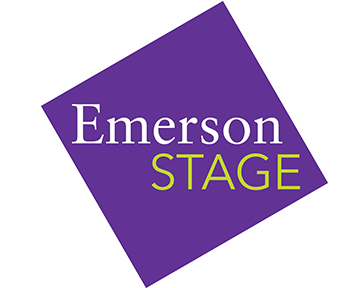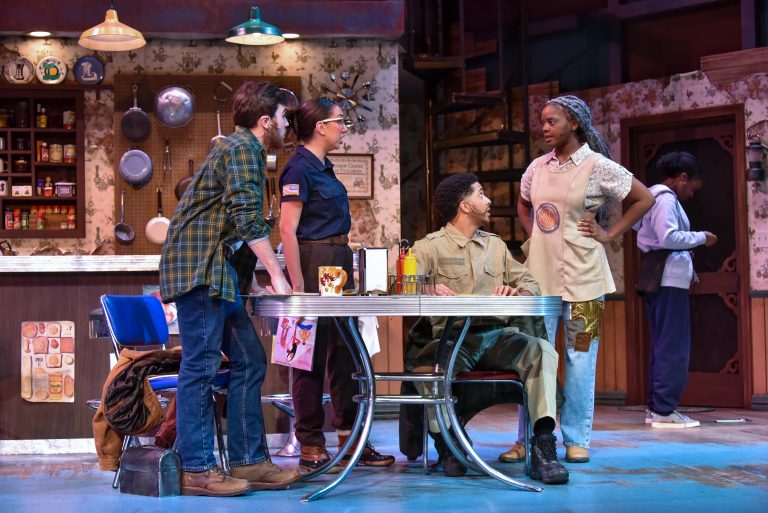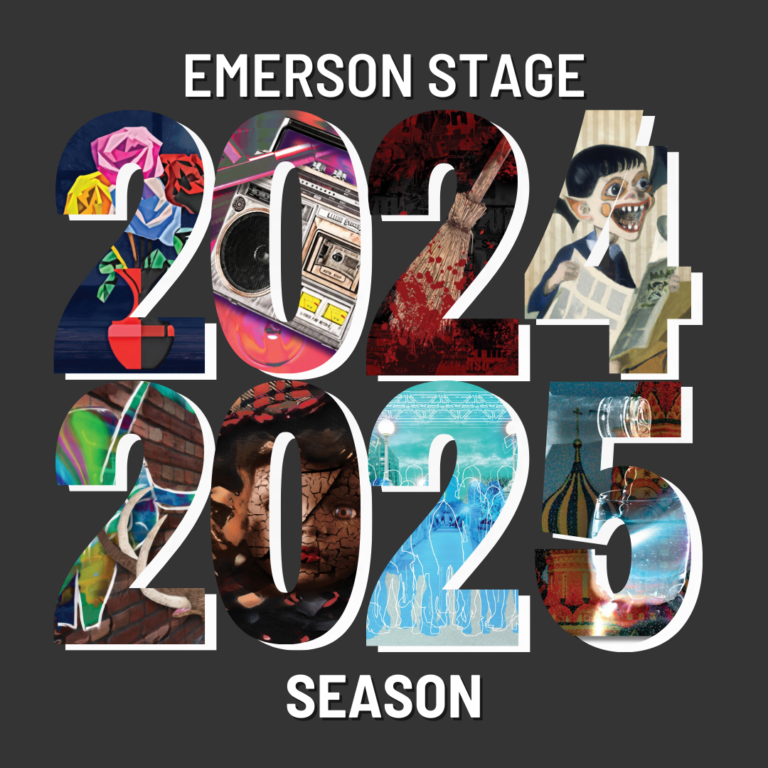Note from the Director
By Scott LaFeber
Musical revues are a tricky species. Typically a favorite for producers, they usually feature small casts, a small orchestra, and minimal design, while being audience-popular. Revues available for production vary wildly in quality – some are simply jukebox conglomerations, some are elegant and complex, while others are rigged to accommodate a story line. Few make it to Broadway, however, because the demands of that higher-expectation audience discard the perception of “lighter fare” attached to most musical revues. Stardust, however, is one of those few that did make it to Broadway, because it fits the formula for both “elegant and complex” as well as being entertaining.
Although some revues are themed (Blame It on the Movies, Bring in the Morning), most focus on the work of a composer (Fats Waller’s Ain’t Misbehavin’, Side by Side by Sondheim, Red Hot and Cole) However, Stardust is different. This revue focuses on a lyricist, and it’s the music that fluctuates. Where a different revue might feature a single composer and have each song related musically, here the music is varied and the lyricist is noted through the words accompanying diverse musical requirements.
Mitchell Parish is not a household name for lyrics during the early-to-mid twentieth century golden era for songwriting, as Lorenz Hart (“Lady is a Tramp”, “Blue Moon”) or Yip Harburg (“Brother Can You Spare a Dime”, The Wizard of Oz) might be. But Parish was consistently sought after by none other than some of the greatest composers of that time – Duke Ellington, Hoagy Carmichael and Leroy Anderson. Stardust is a celebration of those first-order collaborations.
Stardust also presents a rigorous educational challenge to our musical theater students. Not only have they had to confront a range of musical styles and era, but also lyrics both joyous (e.g. “Sleigh Ride”, “Volare”) and mature (e.g. “Ruby”, “Stardust”, “Forgotten Dreams”) Combined with the demands of the dance numbers and the call for the designers to frame an environment where all this can happen, the show is an advanced test for our students. We do hope our work brings you both joy and perhaps new discovery of a song or style as we journey together through a wonderful array of music and Mitchell Parish’s words.



